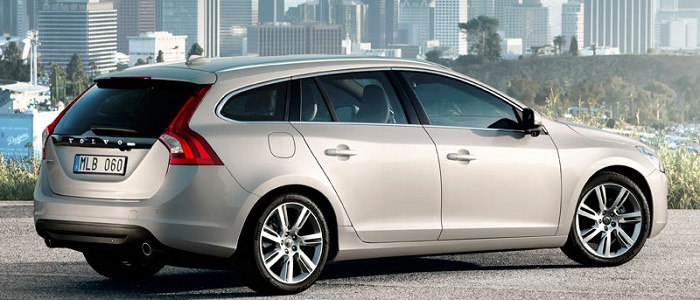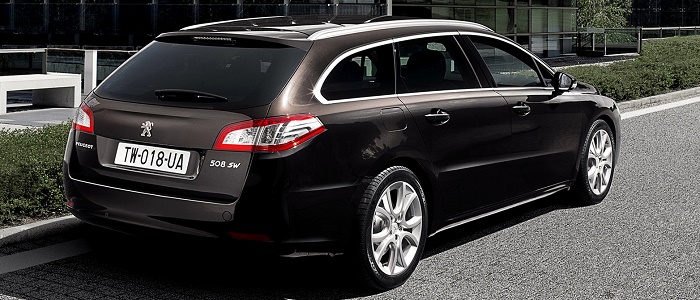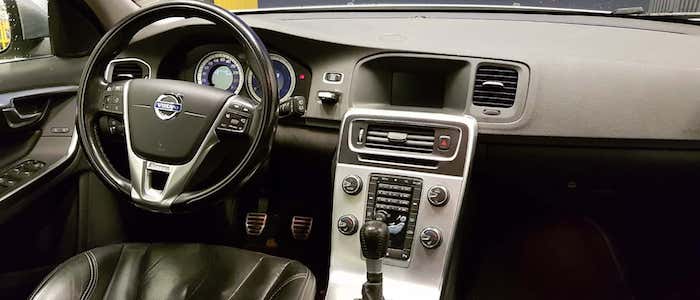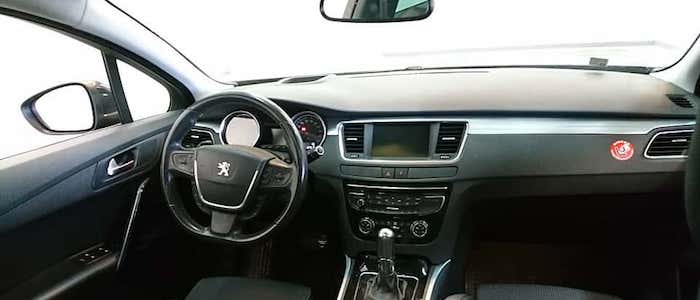Compare two cars
Compare any two cars and get our Virtual Adviser™ opinion
Dimensons & Outlines
Check vehicle history
Engine
Performance (manual gearbox)
Performance (automatic gearbox)
Expenses
Virtual Adviser's™ opinion
Well, these are two pretty similar cars we have here! It's only details that could potentially make the difference. Considering they both belong to the large family car segment and utilize the same 5-door wagon body style and the front wheel drive system, it all comes up to the specific diesel engine choice they offer. The first one has a Volvo-engineered powertrain under the hood, a 5-cylinder, 20-valves 215hp unit, while the other one gets its power and torque from a 4-cylinder, 16-valves 200hp engine designed by Peugeot.
SafetyBoth vehicles got tested by European New Car Assessment Programme (Euro NCAP), with the same number of safety stars gained in the process. That aside, let's consider some other aspects which affect safety. Both vehicles belong to the large family car segment, which is generally a good thing safety-wise, but that fact doesn't break the tie between the two cars. On the other hand, when it comes to weight, a factor that most people underestimate, the French car offers a marginal difference of 8% more metal.
ReliabilityManufacturers have been building their reliability reputation for decades now and, generally speaking, it appears that Peugeot does have a slight advantage, all the models observed together. These are the results of an independent reasearch, while our visitors describe reliability of Volvo with an average rating of 3.2, and models under the Peugeot badge with 4.3 out of 5. The same official information place V60 as average reliability-wise, and 508 is more or less at the same level.That apart, owners of different cars powered by the same engine as the Swedish car rank it on average as 3.2, while the one under the competitor's bonnet gets 4.0 out of 5.
Performance & Fuel economyVolvo is a bit more agile, reaching 100km/h in 0.7 seconds less than its competitor. Still, it lacks the power to win the top speed competition, topping at 230 kilometers per hour, 2km/h less than the other car. When it comes to fuel economy the winner has to be the Swedish car, averaging around 4.9 liters of fuel per 100 kilometers (58 mpg), in combined cycle. We can't ignore that 20% difference compared to the French car.
Verdict
Peugeot is apparently more reliable, not too much, but just enough. The most important thing when deciding between any two vehicles should always be safety, both passive and active. In my opinion, everything taken into account, the French car offers slightly better overall protection and takes the lead. When it comes to performance, both vehicles provide similar experience, so I wouldn't point any of them out. the Swedish car , on the other hand, consumps significantly less fuel, and that's a big plus. No mistake, whatever you decide here, but I'd still go for the Volvo. In any case that's my personal view, built upon all the data available to me. What should decide here though is the way you feel about the two vehicles, and I hope you'll find my guidelines useful in the process. I suggest you spend two more minutes in order to find out which car, based on your needs and budget, would be picked by the virtual adviser™, among thousands of similar, yet so different vehicles.
































